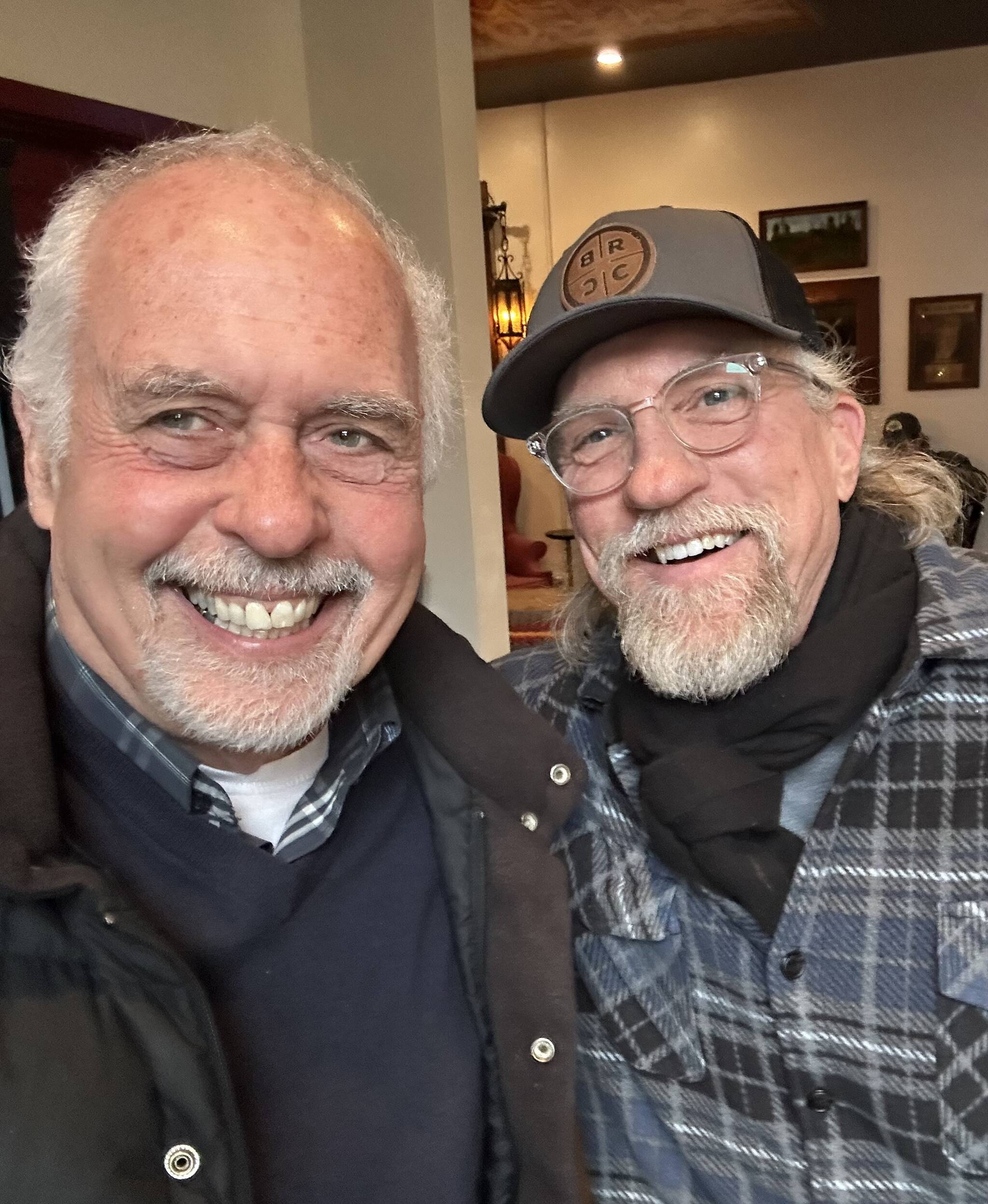Did you ever watch “Undercover Boss” on television? The premise of the program finds the owner of a company disguising himself or herself and working undercover among frontline employees to understand the challenges of their job and to discern how they feel about the company and the management. At the end of the show, the boss removes their disguise and reveals themself and all that they’ve discovered.
Recently I discovered what it would be like not recognizing your boss. I was scheduled to meet Ed Holmes, our former Chief of Police, for coffee near his home. For 10 years, I reported to Ed in my role as the volunteer chaplain for the Mercer Island Police and Fire Departments. I hadn’t seen my former boss since his retirement celebration last June. We had a lot to catch up on. I was really looking forward to our visit.
When I showed up at the coffee shop at the arranged time, I didn’t see Ed. I wondered where he was. It was not like him to be late. As I scanned the establishment, there were only a few people drinking coffee including a long-haired bearded guy in a ballcap, a scarf and a flannel shirt.
I grabbed a table to wait for Ed. After a few minutes, the long-haired guy in flannel shirt and ballcap walked toward my table. He locked eyes with me. OMG! It WAS my former boss.
Ed burst into laughter as he pulled up a chair. He proceeded to tell me that he hadn’t cut his hair since his retirement party. For my good friend, growing a moustache and beard was a tangible expression of freedom given his three decades of law enforcement service in which he’d taken a vow of razor dependence. For the last nine months facial hair and flannels were a daily reminder that he was now retired.
My inability to recognize Ed prompted me to reflect on how easy it is to place too much importance on a person’s outward appearance. And we also allow first impressions to govern the way we relate to others.
As Ed and I drank coffee, we talked about his career in law enforcement and how he would often meet people on a day that was “less than their best.” He came to realize that there was more to a person than what characterized their defining behavior on any given day.
I had to admit that, although my exposure to individuals was typically not the same as those who the police encounter, I am just as likely to prejudge a person by the way they look.
And speaking of the way people look, I kept coming back to how Ed’s appearance caught me by surprise. I wasn’t expecting what I found. As I indicated earlier, I could relate to those on that television program who didn’t recognize their employer due to the disguise they were wearing.
I really liked “Undercover Boss.” I found the premise of the program inspiring. Who wouldn’t want their employer to discover the demands, challenges and inequities of hourly workers? Knowing that your boss has experienced the company from your point of view gives you the hope that he or she will relate to your experience.
Having been a pastor for nearly five decades, I couldn’t help but see in “Undercover Boss” a theological parallel. For Christians, the concept of incarnation means that the Creator of the cosmos has taken the initiative to enter into our world and personally experience life from our vantage point. Those who embrace the New Testament as inspired Scripture believe Jesus to be an “Undercover Boss.” For them the Almighty disguised Himself as a first century carpenter-turned-rabbi in order to embrace humanity’s plight firsthand.
This month Christ-followers around the world are observing the season known as Lent. It is an opportunity to prayerfully reflect on the suffering associated with incarnational identification. It is a time to recognize that in those around us, there is more than meets the eye.
Guest columnist Greg Asimakoupoulos is a former chaplain at Covenant Living at the Shores in Mercer Island.



